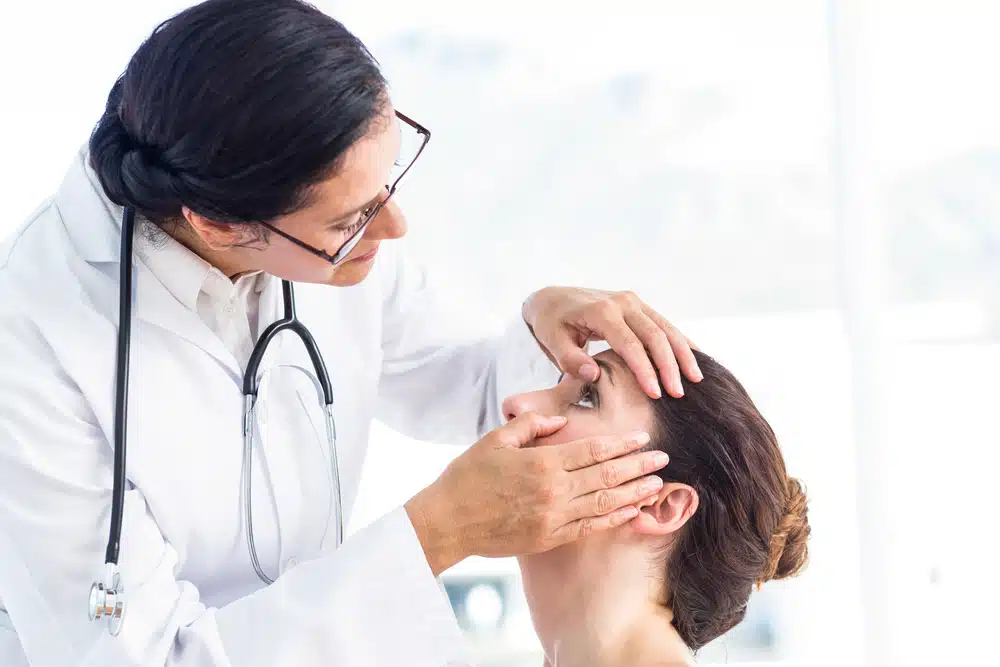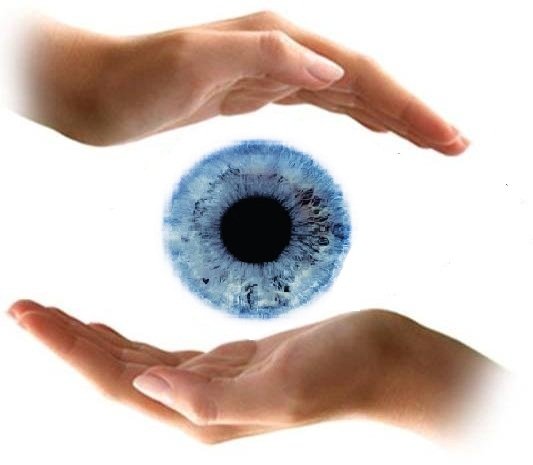All Categories
Featured

While a lot of individuals understand the value of safeguarding their skin from the sunlight, the damaging results of ultraviolet (UV) rays on eye wellness usually go overlooked. Whether you're soaking up the sunlight on a summer season day or walking outdoors on a cloudy afternoon, safeguarding your eyes from UV rays is crucial.
What Are UV Rays? UV rays are a sort of electromagnetic radiation emitted by the sunlight. They are classified into three kinds:
UVA Rays: These penetrate deep into the skin and eyes and can add to long-lasting damage. UVB Rays: These rays are a lot more extreme than UVA and are mainly responsible for surface-level damage to the eyes and skin. UVC Rays: These are one of the most damaging however are primarily taken in by the Earth's ozone layer and do not generally reach us. UVA and UVB rays are the main perpetrators behind eye-related damage.
Short-Term Results of UV Exposure on the Eyes. Even short-term exposure to extreme UV rays can harm your eyes. One common condition created by this is photokeratitis, or "sunburn of the eye." Symptoms of photokeratitis consist of:
Unpleasant, red eyes. Level of sensitivity to light. Tearing or extreme watering. Short-lived vision loss or blurred vision. Photokeratitis is normally momentary, but it works as a caution of just how harmful UV exposure can be, also in tiny dosages.
Long-Term Effects of UV Direct Exposure. Extended exposure to UV radiation can result in extra significant and long-term eye problems, such as:
Cataracts: UV rays can speed up the formation of cataracts, a condition that creates clouding of the eye's all-natural lens, leading to fuzzy vision and, if unattended, blindness.

Macular Degeneration: UV direct exposure can harm the retina, particularly the macula, enhancing the threat of age-related macular deterioration (AMD), which impacts central vision.
Pterygium: A development of cells on the white part of the eye that can cross the cornea, triggering discomfort, inflammation, and vision problems.
Pinguecula: UV exposure can create yellowish down payments to base on the conjunctiva, causing irritation and dryness.
Skin Cancer Around the Eyes: The delicate skin surrounding your eyes is highly vulnerable to UV radiation, increasing the threat of skin cancers like basal cell cancer and squamous cell cancer.
Exactly How to Secure Your Eyes from UV Rays. Securing your eyes from UV rays is simple and needs a couple of mindful practices:
Purchase High Quality Shades: Select sunglasses that block 100% of UVA and UVB rays. Seek tags that specify "UV 400" protection. Wrap-around designs are perfect as they obstruct UV rays from the sides too.
Put On a Wide-Brimmed Hat: A hat with a brim at the very least three inches broad can substantially minimize UV direct exposure to your eyes and face.
Restriction Exposure Throughout Peak Hours: UV rays are greatest between 10 a.m. and 4 p.m. If you must be outdoors throughout these hours, make certain you're properly safeguarded.
Don't Be Misleaded by Clouds: UV rays can permeate via clouds, so it's important to use sunglasses even on cloudy days.
Safeguard Your Eyes Year-Round: Snow, sand, and water can reflect UV rays, heightening their impacts. Eye protection isn't simply for bright summer season days-- ensure you're covered in all periods.
Usage UV-Blocking Contact Lenses: Several call lenses currently come with UV security. If you put on contacts, ask your eye physician about lenses with integrated UV filters for included protection.
Urge Eye Defense for Children: Kid's eyes are much more conscious UV rays because their lenses are clearer, permitting even more radiation to get to the retina. Ensure they put on sunglasses and hats during exterior tasks.
Regular Eye Tests. Regular examinations with an eye treatment specialist are essential for early detection of any UV-related damage. An optometrist or eye doctor can examine your eyes, advise safety measures, and discover problems like cataracts or macular degeneration beforehand.
Conclusion. By using UV-blocking sunglasses, limiting sunlight direct exposure throughout peak hours, and staying consistent with eye tests, you can guarantee your eyes stay healthy and your vision continues to be clear for years to come. Protecting your eyes from UV radiation isn't simply regarding convenience-- it's a vital step in protecting your long-lasting eye health.
Latest Posts
Find Montclare Auto Repair’s Highly Requested Auto Repairs and Why Drivers Choose Them
Reliable Expenses Door Solutions for Houses and Businesses
Learn How to Cut Costs on Car Maintenance with Montclare Auto Repair’s Exclusive Deals
More
Latest Posts
Find Montclare Auto Repair’s Highly Requested Auto Repairs and Why Drivers Choose Them
Reliable Expenses Door Solutions for Houses and Businesses
Learn How to Cut Costs on Car Maintenance with Montclare Auto Repair’s Exclusive Deals